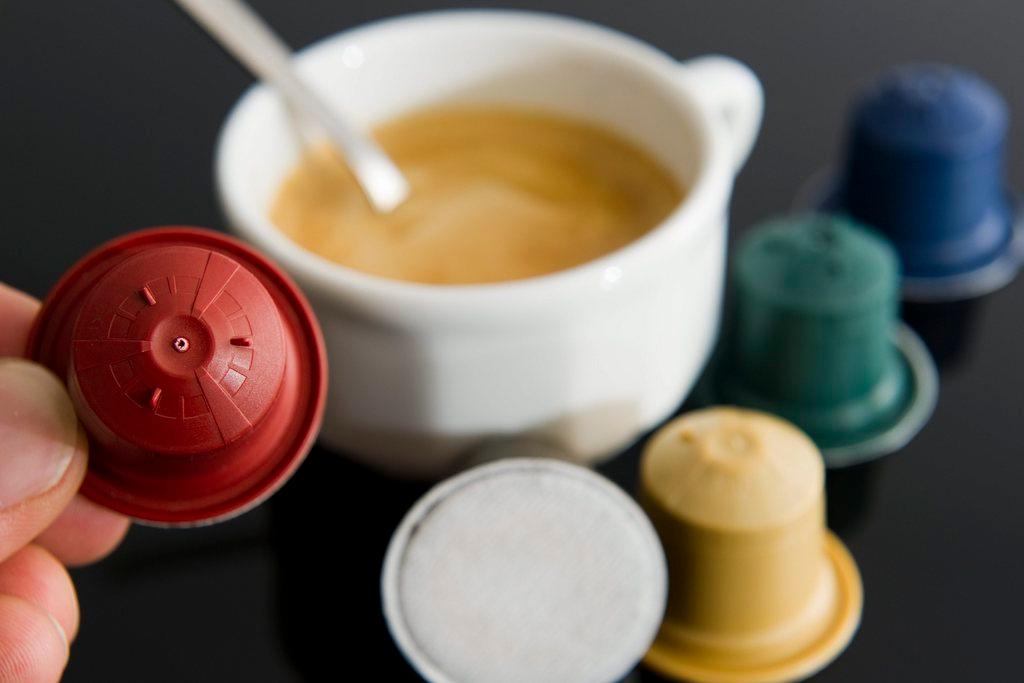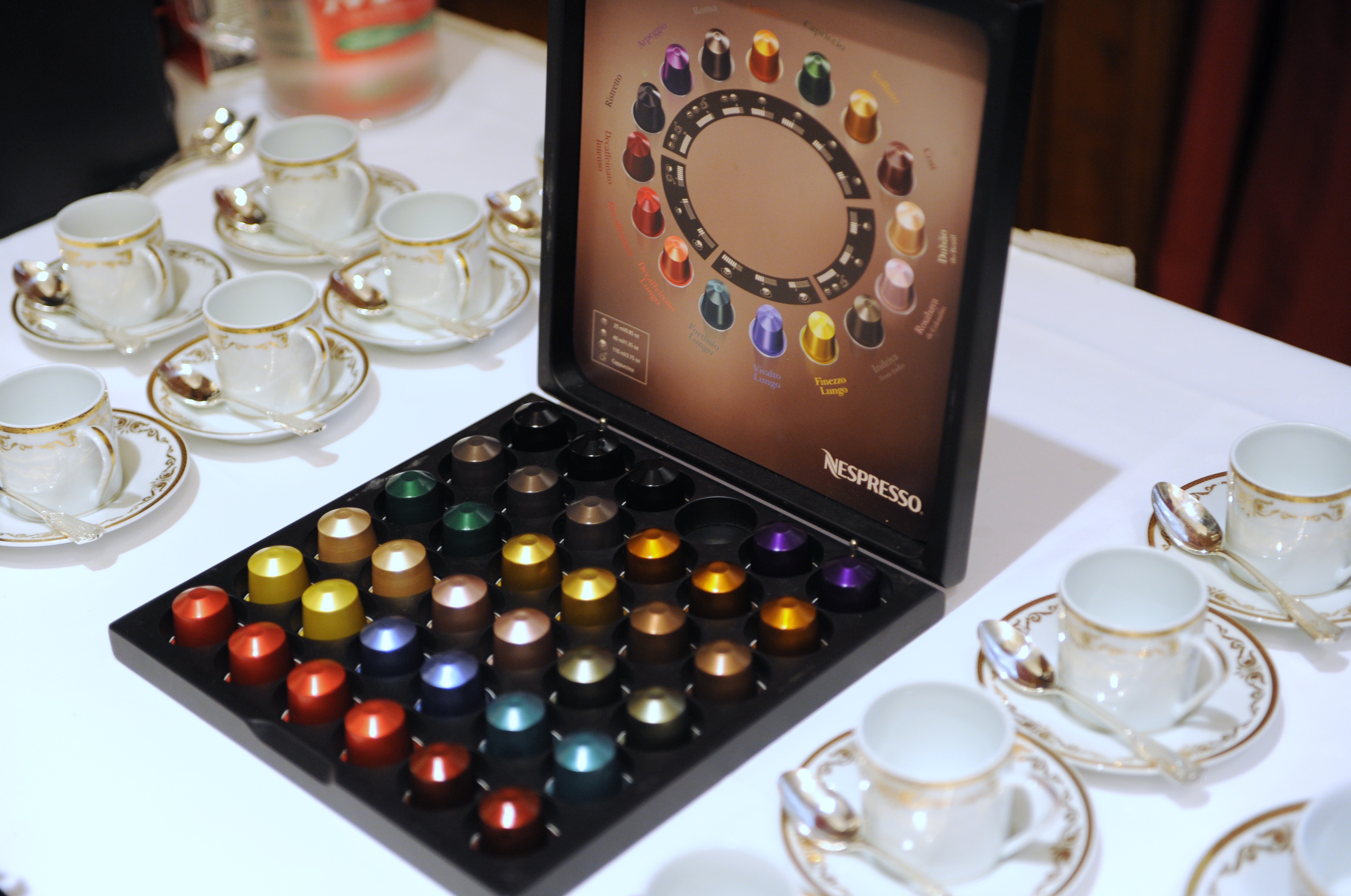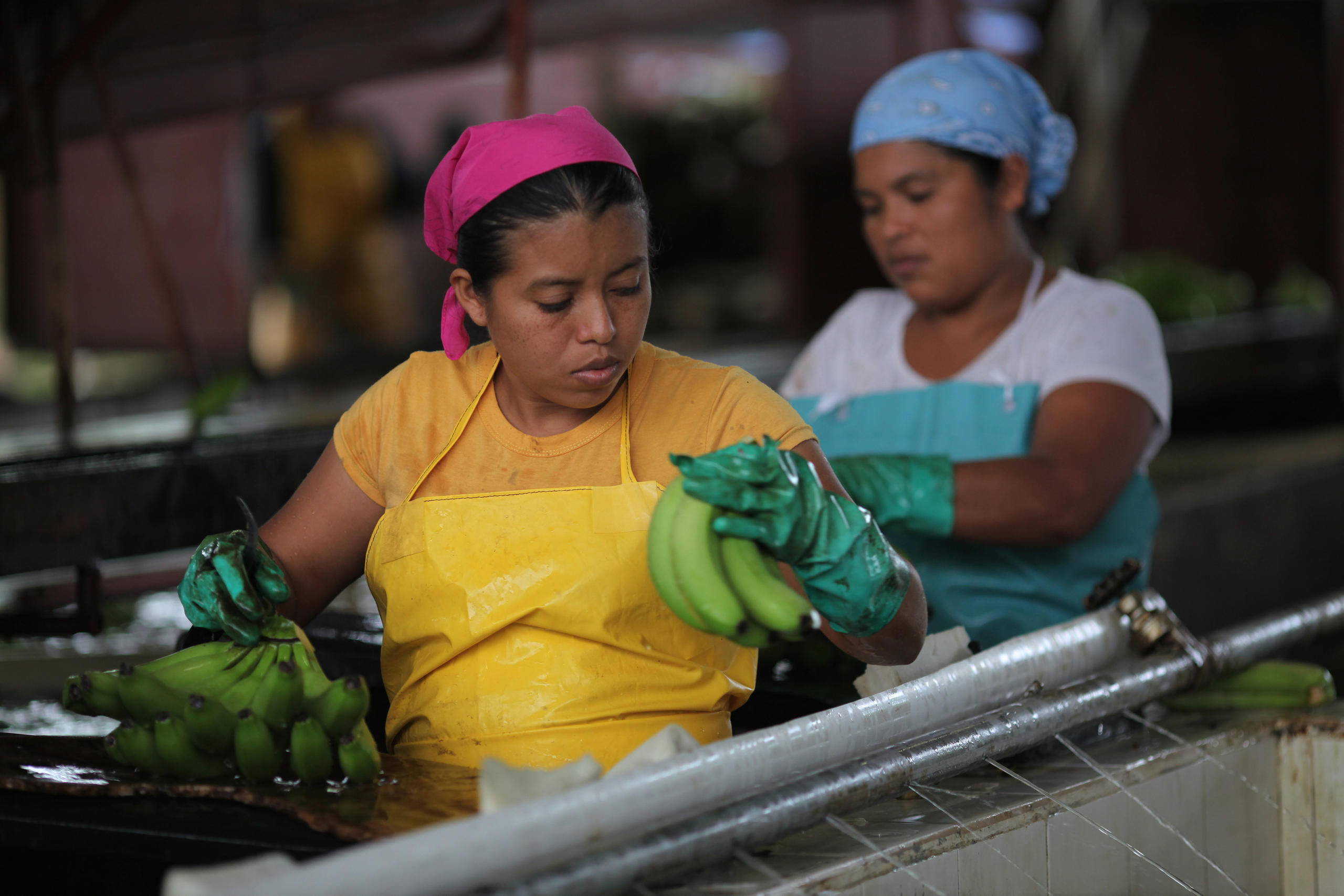Ethical Coffee Company to bow out of capsule business

The Swiss-based Ethical Coffee Company is to stop production of its biodegradable coffee capsules, Le Temps has reported. Market conditions have become unfavourable, says its CEO.
The timing may seem strange: over the past year, the Ethical Coffee Company (ECC), which has long been embroiled in patent-related battles with capsule giant Nespresso, has seen several verdicts go in its favour.
But ECC founder and CEO Jean-Paul Gaillard revealed to Le Temps on Thursday that the company will be retiring from the capsule market over the next six months.
Despite the victories, the level of competition from new producers has driven prices and profit-margins down: “Everybody has started making capsules,” he said. “The business doesn’t make anything anymore.”
Legal fees
The legal fees involved in the numerous cases were also massive. Since 2010, ECC has been involved in various battles against Nespresso, which has tried to prevent the biodegradable ECC capsules from functioning in its machines.
Most recently, at the end of May, the European Patents Office (EPO) refused for the second time a challenge brought by Nestlé against ECC capsules. The “blocking system” introduced in Nespresso machines to stop competing capsules functioning was illegal, the ruling found.
Another case, concluded earlier this week in Germany, ruled that all machines with such incompatibility mechanisms be removed from the market; while in the US, in March 2016, ECC began antitrust proceedings against Nestlé demanding billions of dollars of compensation.

More
Risk and reward at stake in on-going capsule wars
Battering ram
However, the victories come at a cost, even beyond legal fees. After acting as something of a battering ram against the dominant position of Nespresso – of which Gaillard was previously CEO, from 1988 to 1997 – the market has been saturated with new capsule manufacturers.
Last year, Reuters noted that 210 capsule manufacturers were making pods compatible with Nespresso machines. Since then, big names including Starbucks have also entered the capsule market, which EuromonitorExternal link describes as the “best performing category not only in coffee, but in hot drinks in general.”
In Switzerland, however, where ECC also fought battles to become legally available, many large stockists have been reluctant to stock its biodegradable products. Though they can be purchased in several high-street outlets such as Globus and Aligro, the supermarket giants Coop and Migros have opted not to take them on.
Coop were in negotiations with ECC for a year, in 2011, but decided against a deal, a decision that Gaillard saw as influenced by the hidden hand of Nestlé.
ECC’s main production site, located near Geneva, has already been dwindling, reports Swiss public radio RTS. Just 40 people occupy the 8,000 square metres of production space.
The company itself will continue to exist, however, only pulling out of the capsule market. It will continue with a new product relating to coffee and biomaterials, said Gaillard.
swissinfo.ch/dos

In compliance with the JTI standards
More: SWI swissinfo.ch certified by the Journalism Trust Initiative











You can find an overview of ongoing debates with our journalists here . Please join us!
If you want to start a conversation about a topic raised in this article or want to report factual errors, email us at english@swissinfo.ch.